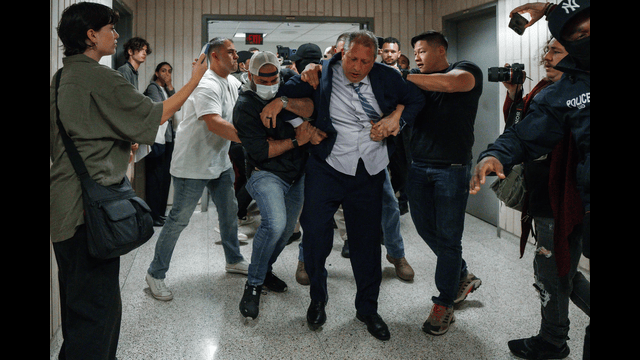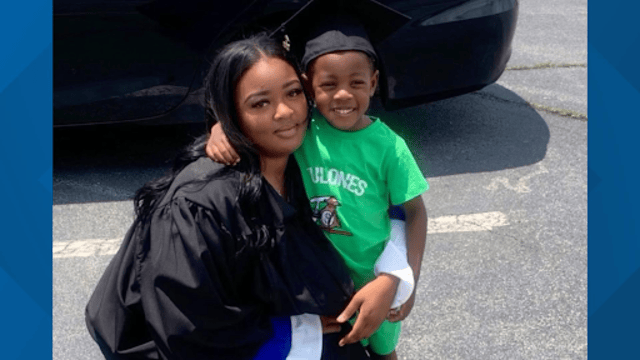
People gather outside the Provincial Court of British Columbia to support the Drug User Liberation Front in Vancouver, B.C., Tuesday, Jan. 16, 2024. THE CANADIAN PRESS/Ethan Cairns
VANCOUVER - Two founders of a Vancouver advocacy group, the Drug User Liberation Front (DULF), have been charged with drug trafficking after police raids last year. The group, which distributed what it claimed were safe doses of heroin, cocaine, and methamphetamines to prevent overdoses, had openly discussed their activities.
Vancouver police announced Friday that charges of possession for the purposes of trafficking were approved on May 31 against Jeremy Kalicum, 28, and Eris Nyx, 33, co-founders of DULF. Both face three counts of trafficking and are scheduled to appear in court on July 2.
Last October, police executed search warrants at DULF's Downtown Eastside offices and two associated homes. At the time, DULF's website stated that their "fulfillment centre" allowed drug users to receive up to 14 grams of cocaine, heroin, or methamphetamine weekly, with substances tested for safety before being sold "at cost."
In August 2023, Nyx announced that the group had distributed 201 doses in its first month and would continue despite not securing a legal exemption. DULF had sought the same legal mechanism that permits supervised safe consumption sites in Vancouver and supports the decriminalization of small amounts of certain drugs in British Columbia.
Neither Nyx, Kalicum, nor their lawyer responded immediately to requests for comment.
The Drug User Liberation Front Society received $200,000 in public funding from Vancouver Coastal Health in 2021-2022. However, Solicitor General Mike Farnworth clarified that the contract was for "drug testing," not purchasing drugs. Once the government discovered DULF was buying drugs, the contract was canceled.
Earlier this year, Nyx and Kalicum co-authored a research paper in the International Journal of Drug Policy, examining 47 participants in the unsanctioned compassion club. The study concluded that participation in DULF's program correlated with a reduction in non-fatal overdoses and those requiring naloxone.
Following the arrests of Nyx and Kalicum, hundreds protested, advocating for a safe supply of illicit drugs and arguing that DULF's efforts were saving lives.
Since a public health emergency was declared eight years ago, over 14,500 people in British Columbia have died from drug overdoses. Last year, a panel led by B.C.'s chief coroner Lisa Lapointe recommended non-prescription safe supply programs to reduce overdose deaths. However, the province quickly rejected the idea.
Despite supporting progressive drug policies and harm reduction strategies, Vancouver Police Department emphasized that organizations must comply with the law.















